This summer, we shone a light on the passions and motivations driving our incoming cohort of Berkman Klein Center Fellows and Rebooting Social Media Visiting Scholars, as well as those who are wrapping up their time with us. Our cohorts bring a wealth of diverse backgrounds and experiences to their work at the Center.
With the help of our talented summer interns, we created a series of illuminating interviews that reveal each Fellow and Scholar's personal focus and vision. The interns initiated thoughtful conversations to learn more about their research.
For the interns, these interviews provided opportunities to engage with experts on critical issues, refine communications skills, and establish meaningful dialogues. The collaborative effort ultimately produced compelling narratives to be shared and preserved.
These stories offer an intimate look into the Fellows' and Scholars' passions, motivations, and guiding principles. They remind us that while we each bring unique perspectives, what unites the BKC community is our shared dedication to building an internet that serves the public good.
Our Fellows' and Scholars' undertakings reflect the breadth of this vision. From rethinking social media to illuminating threats to free expression, their work tackles the Internet's most pressing challenges. As the stories reveal, our community approaches these issues with creativity, rigor, and compassion. Their diverse voices enrich the Center.
Guided by insight and experience, our Fellows and Scholars model the spirit of collaboration that defines BKC. Their stories reflect our shared commitment to an open and inclusive digital future that uplifts society. We can't wait to see the extraordinary places their journey takes them next.
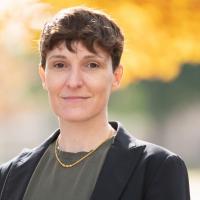 | Lauren Bridges: "Your data matters. It matters both for your own personal identity and protecting your information, ensuring you feel represented and are represented accurately and that you have equal opportunities. Our data can be used to discriminate against us." Read the full interview |
 | Petra Molnar: "What's also concerning are the sharpest edges of this: the automatic surveillance, predictive analytics used for pushbacks, robo-dogs, AI lie detectors––all of these things that we would not be okay with happening in other spaces but are somehow okay in immigration spaces." Read the full interview by Sebastian Rodriguez. |
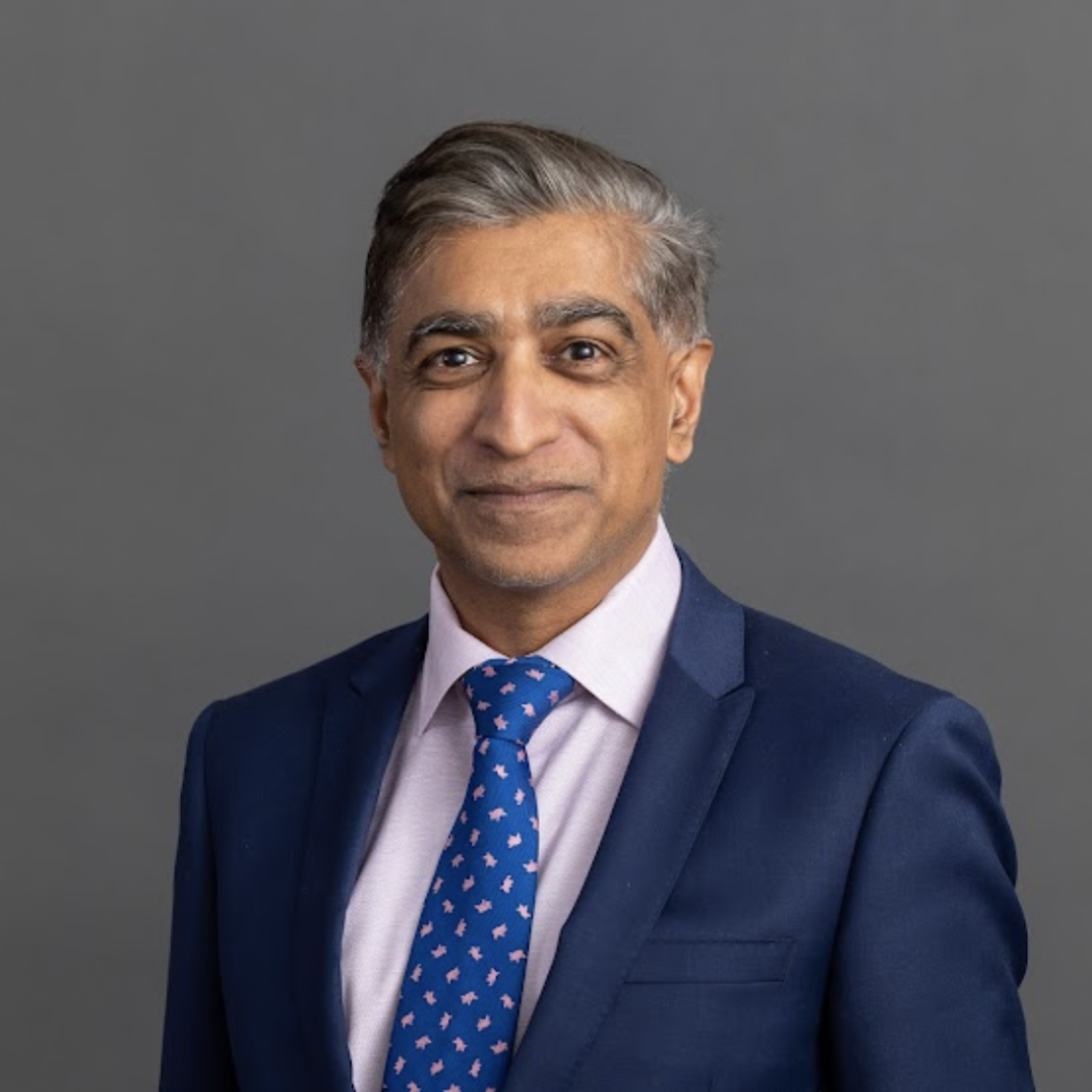 | Anupam Chander: "I worry that at some level, we have almost vanished into a world of conceptual harms, where the worst thing that can happen is something that affects our digital dignity in some way and that we now treat that as far more significant than the lived experience of most people on the ground." Read the full interview by Ashley Mehra. |
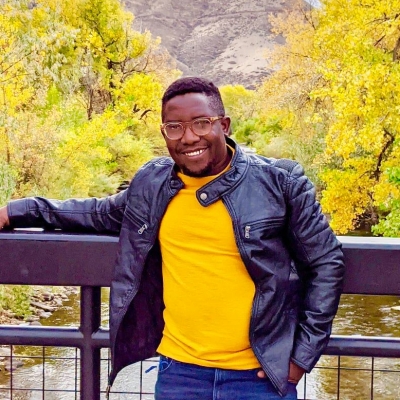 | Gregory Gondwe: "Emphasizing the values of these local ideas and recognizing various contributions, understanding technology's role as a servant to humanity, not a challenger, can be more vital in decolonizing and shaping technological development." Read the full interview by Bereket Nigussie. |
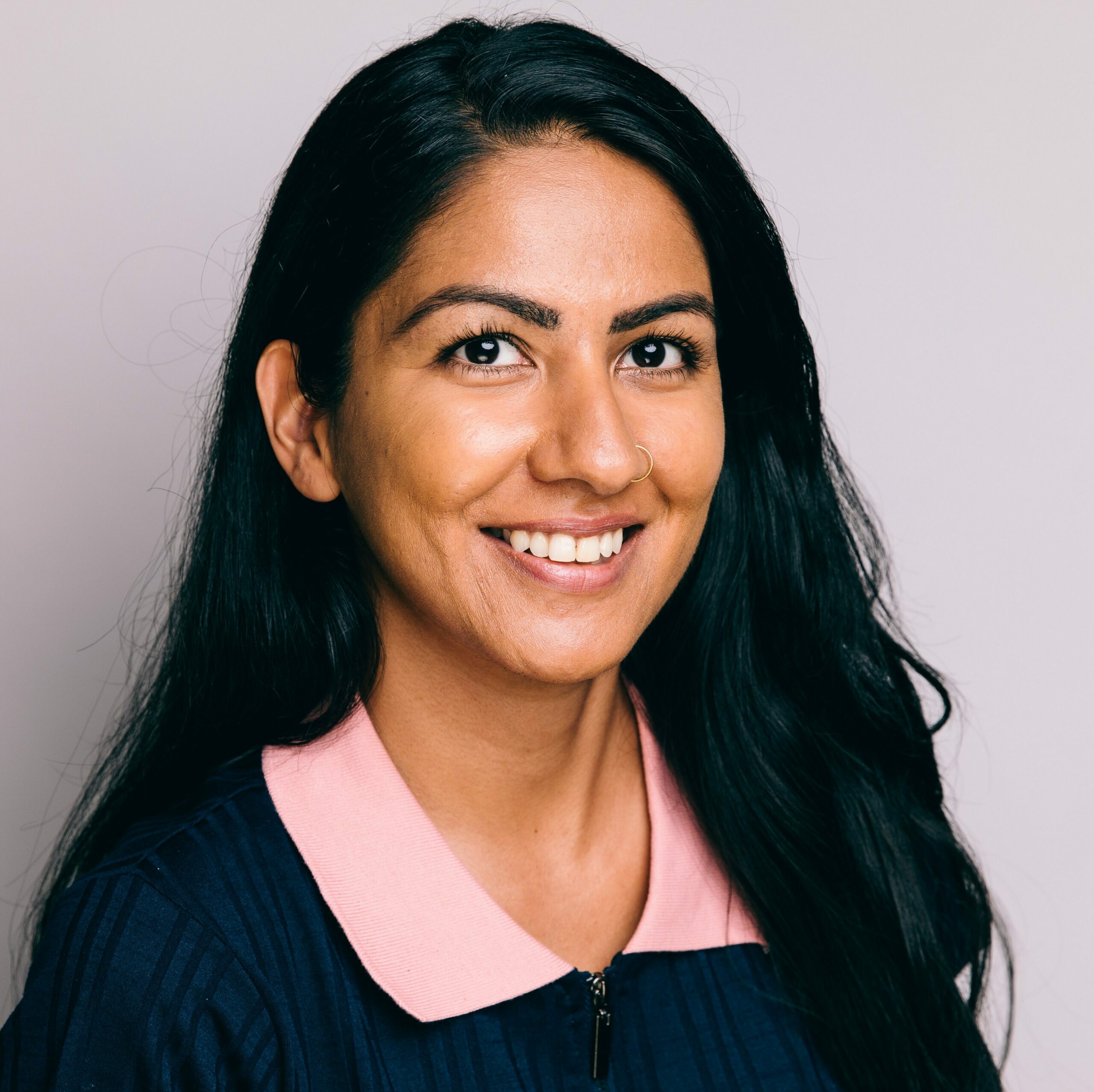 | Swati Srivastava: "I think one of the really exciting challenges for political science and international agent scholars is to take seriously lived experiences of different people in different publics, while not letting powerful entities off the hook, be they states or corporations." Read the full interview by Brandon Sullivan. |
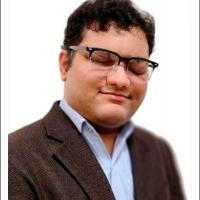 | Maitreya Shah: "To contain the risks posed by these technologies and to make the digital space more inclusive, we need more representation of people with disabilities in the development and deployment of emerging technologies." Read the full interview by Dhriti Vadlakonda. |
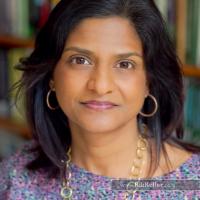 | Madhavi Sunder: "The theme of my work has long been free culture that is also fair culture that also recognizes the diverse contributions of traditionally disempowered people to our knowledge economy, and that helps to recognize them as authors and recognize intellectual property rights in their innovation." Read the full interview by Elif Hamuctu. |
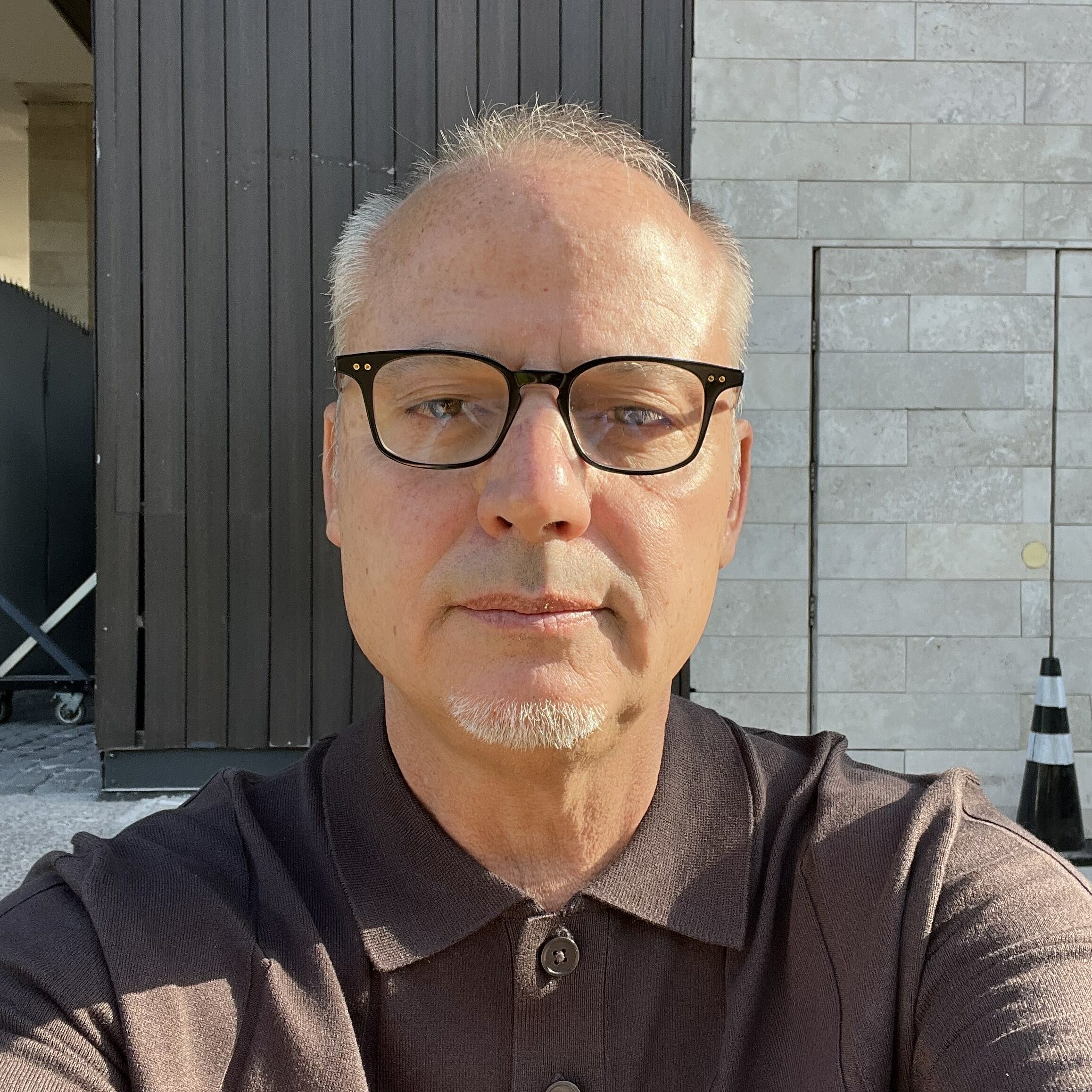 | David Craig: "Do creators have rights? Do they have the right to commerce? Should creators have the right to harness the marketplaces provided by these platforms? Do creators have the right to organize and assemble?" Read the full interview by Eri Kostina. |
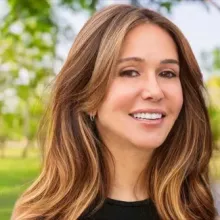 | Diana Freed: "Most of my research is from a multi-stakeholder perspective. If I'm working with children and need to understand if they're in social services or there are parents or people of concern in their lives, I need to ask what the schools are doing." Read the full interview by Erica Bigelow. |
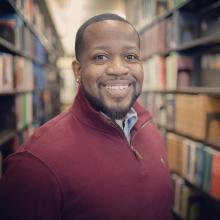 | Jabari Evans: "I think that it’s super important for us to consider the technosocial aspects of these [digital] tools that are being created. We need to be thinking about the user’s experience, not just from a financial point of view but from a humanistic point of view." Read the full interview by Jetta Strayhorn. |
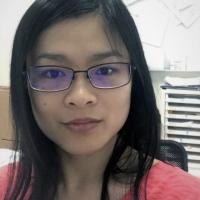 | Angela Xiao Wu: "I think we need more serious engagement with histories, circumstances, and experiences outside of Euro-America. This is not about filling gaps of knowledge on these vast regions to make a “fuller” global account of tech, but to realize that insights from these contexts may help the US and the West grapple with its own crises." Read the full interview by Krista Cezair. |
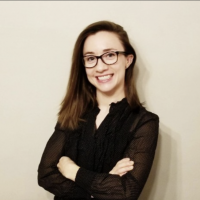 | Rebekah Larsen: "But if you study media history, you'll see that a lot of these phenomena are just pattern-like reactions to certain media or certain content. And you can say, “Actually, something similar to this happened years ago with this." Read the full interview by Liya Jin. |
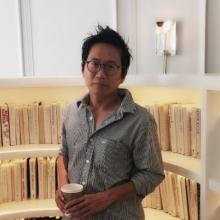 | Yong Jin Park: "When I was in San Francisco, that’s around [when] the dot-com bubble burst, and Steve Jobs came back to Apple and created all those colorful Mac computers. Being in San Francisco was a very different and liberating experience for me coming from Korea." Read the full interview by Michelle Lee. |
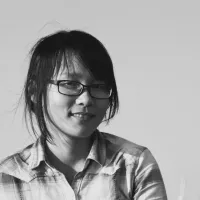 | Huili Chen: "I think when we talk about putting too much emphasis on AI systems, we are putting the AI assistant in isolation from humans, human norms, human values, and then human society. But I think it's critical to realize that human-AI interaction is a coupled system." Read the full interview by Mohsin Yousufi. |
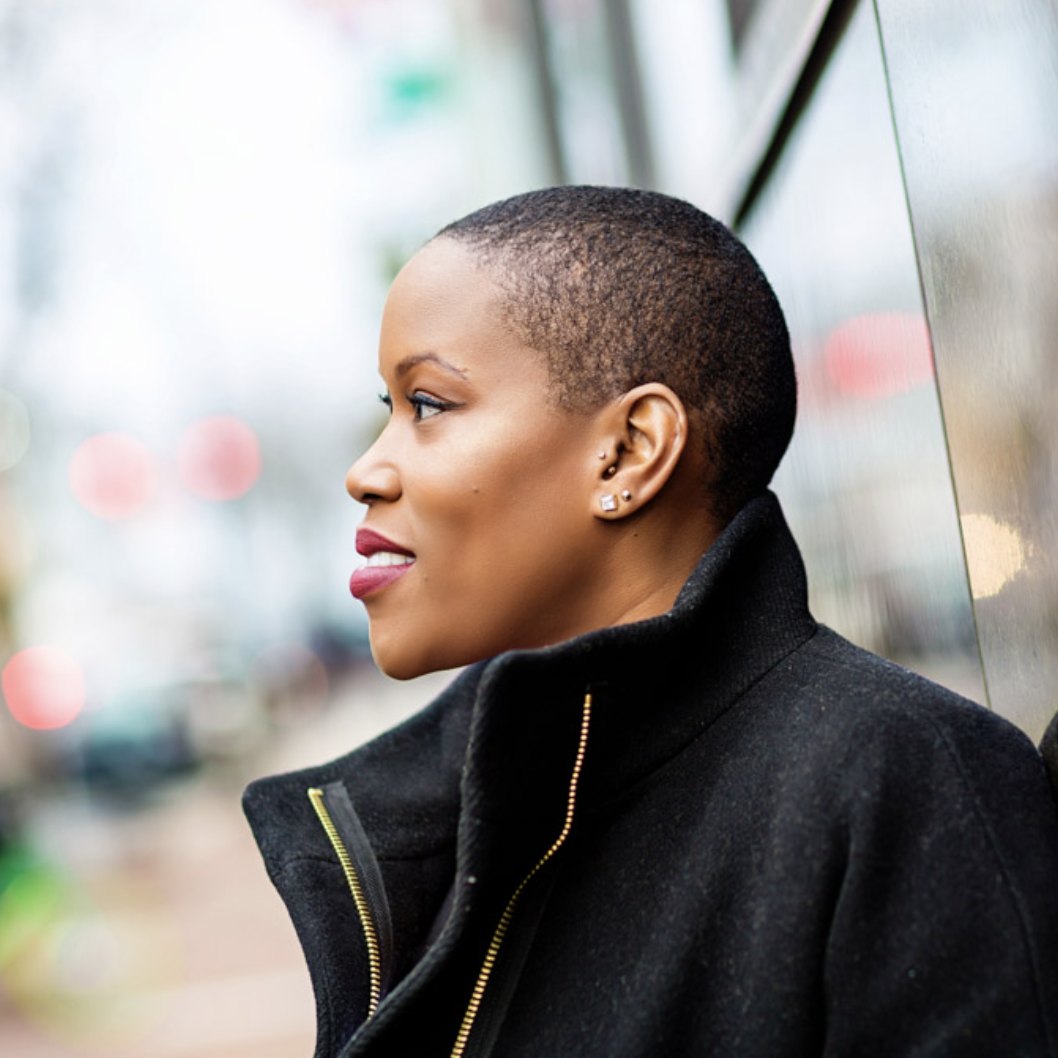 | Meredith Clark: "One of those questions is about how Black women are positioned online and why the framing, or the understanding, or the positioning of Black women is so essential to understanding how misinformation and disinformation flow and work across different cultural groups." Read the full interview by Pratika Katiyar. |
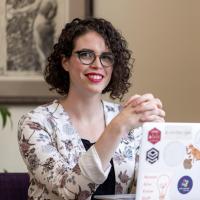 | Elizabeth Dubois: "Trying to create spaces where hostility is not incentivized, and instead, empathy is incentivized. These are hard things to do, and at the end of the day, people are still going to use these tools the way they want to use these tools." Read the full interview by Salome Bhatta. |
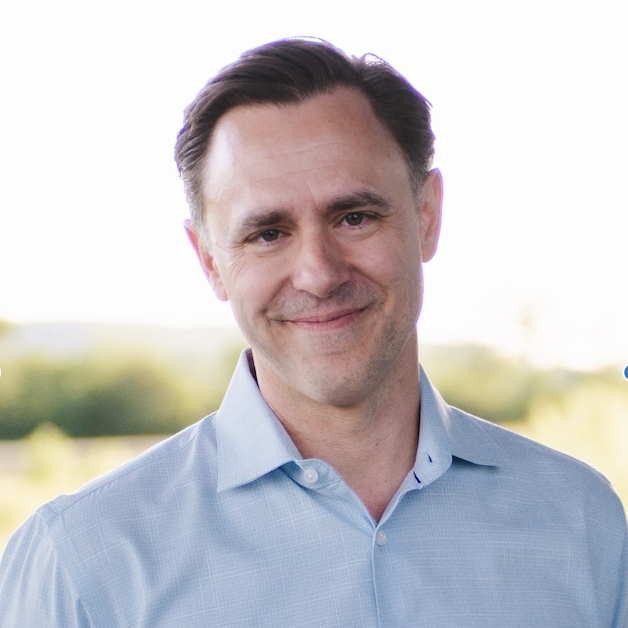 | Jeffrey Hall: "I hope to actually focus more on discovering whether there are online communication spaces where there's a set of practices that, if you do more of them, then you're more likely to experience the positive benefits of social media." Read the full interview by Sofia Marin. |
 | Marta Basystiuk: "We live in a fast-changing, digitally-driven world where digital transformation is no longer just seen as a competitive advantage for driving economic growth but as the key driver for meeting people’s needs and addressing a range of issues, including inequalities, cybercrimes, disinformation, public safety, and even the amplified impact of climate change." Read the full interview by Jenn Louie. |
 | Jon Penney: "In order to get at these hard questions, I think what we've increasingly learned over time is that the most difficult challenges today—public policy challenges, social challenges, economic challenges—technology is right at the center of these." Read the full interview by Aarushi Dubey. |
 | Elissa Redmiles: "Advertisers are targeting certain vulnerable groups with these ads, but we also see that even when the advertiser does no targeting at all, Facebook still, for example, sends more click bait to older adults." Read the full interview by Salome Bhatta. |
| Ashley Lee: "When we think about technology, we tend to associate the U.S. and other Western democracies with innovation, but a lot of innovations are actually taking place in the margins, and a lot of what we see as technological innovations actually start in the margins." Read the full interview by Maggie Chen. | |
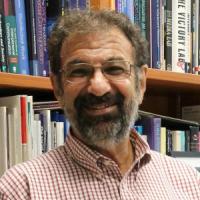 | Joe Walther: "I believe social media acts as the megaphone for those voices. So, that's the worst thing about social media - that's what I fear about it. Social media is not the problem. It's just the amplifier of the problem." Read the full interview by Benjamin Villa. |